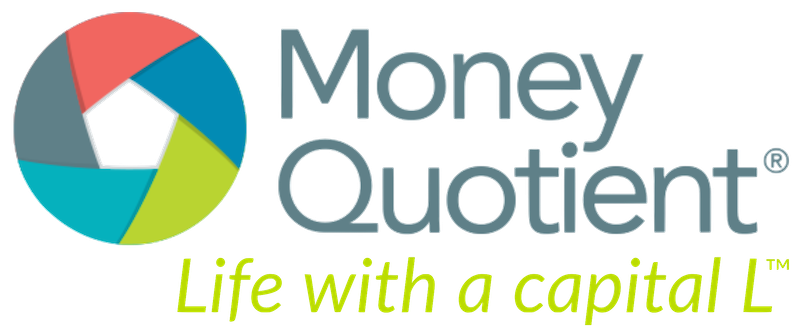
No matter how much or how little money you have flowing through your life, when you direct that flow with soulful purpose, you feel wealthy… When you let your money move to things you care about, your life lights up. That’s really what money is for.
Lynne Twist
The Soul of Money
I thoroughly enjoyed reading Melissa Ballard’s recently published article, “Lessons from a Goofy Newfie.” The title is what first caught my attention, as well as the accompany photo of Melissa with her dog, Norman. She began her brief treatise with the observation that she and her colleagues have different opinions on whether or not a dog is a good investment.
Of course, from a strictly financial standpoint, dogs are rarely a good investment. But, when you factor in the emotional rewards, Norman has definitely delivered a huge ROI. Melissa explained that she and her husband adopted their Newfie during a difficult season in their lives, and the companionship, laughter, and joy he has brought to their lives has been immeasurable.
Melissa understands that not everyone will feel the same about this “investment,” but to her that’s okay. As a Certified Financial Planner™ herself, she believes that a good financial plan should always include a a framework for evaluating trade-offs: “Decisions should always be weighed against top priorities and the ‘why’ behind them.” Personally, I couldn’t agree more!
In fact, I believe that all financial planners are well positioned to serve as “choice architects” for their clients. This term was first introduced to me in the book Nudge: Improving Decisions about Health, Wealth, and Happiness written by well know behavioral economist Richard Thaler and his colleague Cass Sunstein.
They explained that good choice architecture does not interfere with free choice, but clearly lays out options to assist individuals in making decisions that will benefit them the most. They wrote, “A choice architect has the responsibility for organizing the context in which people make decisions.” In other words, good choice architecture will help to “nudge” people in the right direction.
Within this context, I can think of no greater service financial planners can provide than a structured process to help their clients gain clarity about their personal values and priorities. Only when these individuals understand what is truly most important to them, can they feel assured that their financial decisions align with those values and priorities, and support their goals in all areas of life.
I can think of no greater service financial planners can provide than a structured process to help their clients gain clarity about their personal values and priorities. Click To TweetTherefore, my heartfelt thanks to Melissa Ballard for her charming story about her “Goofy Newfie,” and the reminder that when it comes to making financial choices, matters of the heart must be acknowledged and honored.
—Carol Anderson
